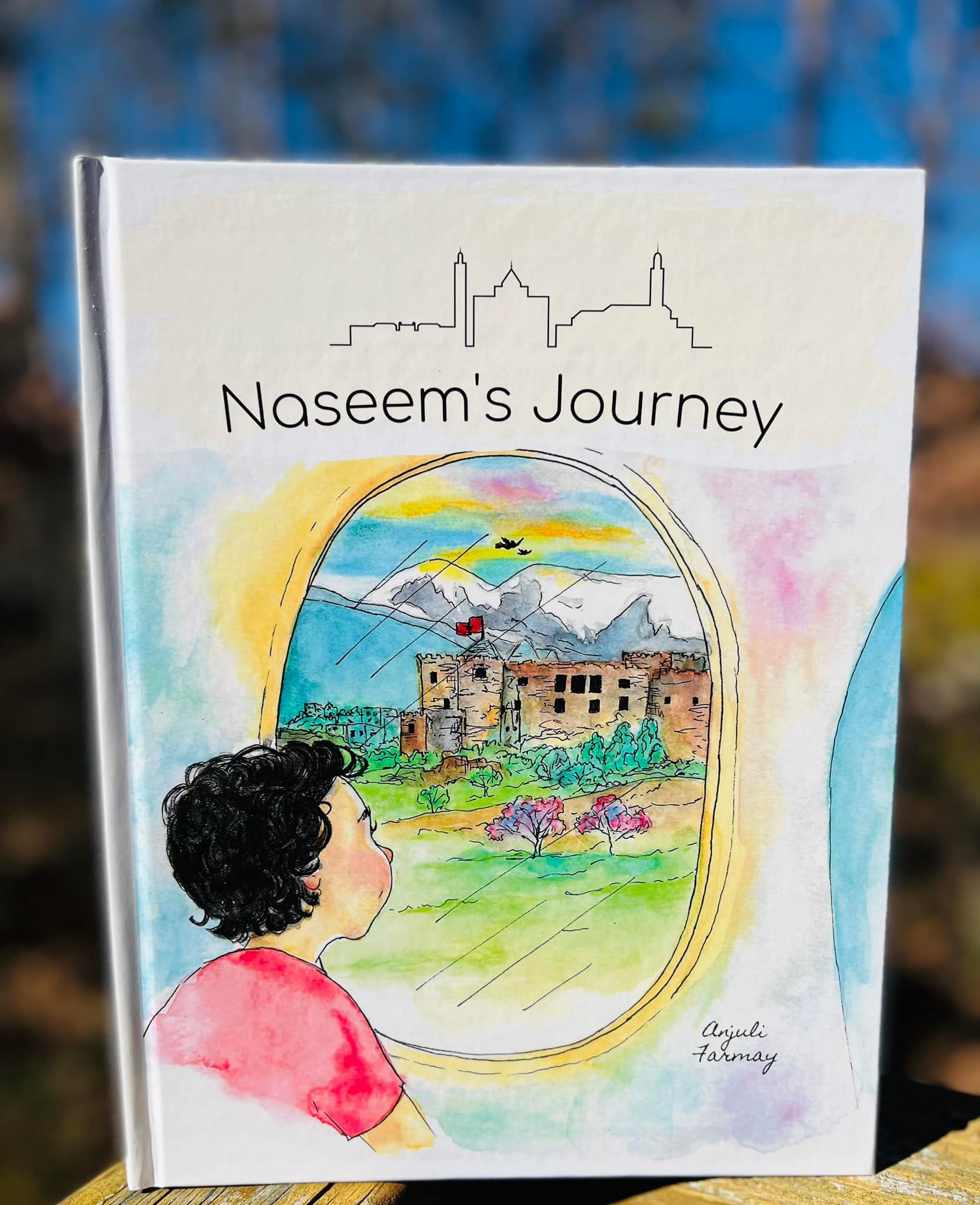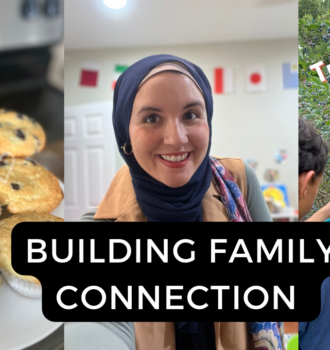Tourette syndrome is a neurological disorder characterized by sudden, repetitive, rapid, and unwanted movements or vocal sounds called tics. Most people know very little about Tourettes and the people who do usually think that Tourette Syndrome is when a person swears uncontrollably. My child’s tics include throat clearing, coughing, neck jerking, and arm and leg jerking. I am no stranger to Tourette’s syndrome since a close family member of mine has Tourettes. Yet, my child’s Tourette syndrome diagnosis took me by surprise.
Many people with Tourette’s syndrome usually have ADHD, OCD, anxiety, learning disabilities, sensory processing issues, and several other issues. For my child, we suspect ADHD, dysgraphia, and sensory issues. We’ve faced a lot of challenging days. Homeschooling him has been a major learning experience for me. That being said, I’m blessed that I can educate him and nurture him in an environment where he can be himself.
5 Tips for Homeschooling a Child With Tourette’s Syndrome
Keep a journal of what triggers your child’s tics.
For my child, it’s exhaustion, excitement, hunger, transitions, and stress. We are trying to work on a good sleep routine that incorporates Epsom salt baths and essential oil massages. We also have added B vitamins and magnesium. We also try to work on mindfulness and have a predictable routine.
Work on building your patience and be flexible.
Some days things don’t go as planned. I have to work on not getting frustrated or worrying about falling behind. On days where my child is having a hard time with tics or having a hard time focusing, I usually try to focus on nurturing him. Sometimes his hard days put him in an angry mood and I have to remind myself to be patient with him. On days like this, I usually let go of our curriculum and play games, take breaks, or get creative with his learning.
Allow a lot of movement and outdoor time.
My son is a sensory seeker. As mentioned, many children with Tourette’s Syndrome have sensory issues. Climbing, doing an obstacle course, riding his bike, and running usually get him to focus better on homeschooling. Even while we are homeschooling, I let him walk around and jump because physical activity has been beneficial in helping him reduce tics.
Get creative with writing and allow alternatives.
Many children with Tourette’s syndrome have writing issues. We suspect dysgraphia for my child and are currently waiting on an appointment with an occupational therapist. I try to make my son’s writing fun with different types of pens or writing on a dry erase board. We also work on some things orally or I scribe for him. He is also learning to type which will help him greatly.
Dive into their obsessions with them.
Many children with Tourette’s syndrome become obsessed with topics that fascinate them. My son has always been infatuated with dinosaurs. He quickly learned their names, countries fossils are found in, knows which ones are carnivores or herbivores, and has a collection of dinosaur-related books and figurines. He learns a great deal from his obsessions and becomes very passionate about his interest.
The most important thing is to offer a lot of love and patience. As a parent, give yourself grace and accept the fact that you will have a lot to learn as a parent of a child with Tourette’s syndrome. Continue learning, continue advocating for them, and teach them how to be confident in their differences. It will take time.



























